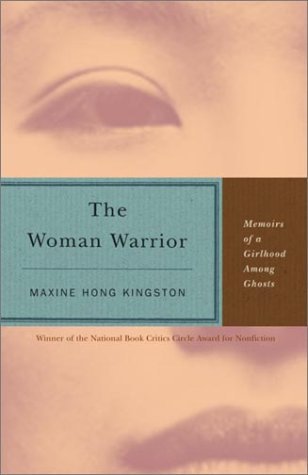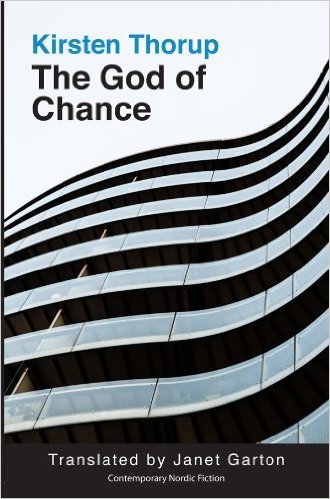
“The Woman Warrior,” Maxine Hong Kingston
Kingston’s narrative is a collection of folk tales blended with the story of her mother, her aunt, and her own story. They sometimes can’t be told apart, but they all tell the story of China’s forgotten people: it’s women. It tells the stories of women who have long been ignored by a cultural behemoth of a country that has traditionally valued the other gender while not valuing women at all. She tells the legend of Mulan; the story of her aunt in China who drowned herself in a well after being raped and giving birth to the child; the story of her mother becoming a doctor in China and upon immigration to the U.S., not being qualified to be a doctor once again; and her own story of growing up in California immersed in two different cultures and not belonging completely to either one.
“The God of Chance,” Kirsten Thorup
Thorup’s novel follows the intricate and fucked up issue of colonization and the need to offer help to those in need. Ana goes on a vacation to Africa where she meets Mariama, a poor African girl who asks her to sponsor her. After bringing Mariama to Europe and trying to give her an education, Ana realizes that she has to let Mariama live her own life and make her own decisions, even if she is doing it with the help of Ana’s money. Exploring the issues that stem from colonization, this is a painful narrative that exposes the underbelly of the consequences of the actions of white people. In the afterword, the translator asks some poignant questions that really hit home for me: “What are we doing when we provide so-called aid, and is our help really altruistic or just a sop to our bad consciences? Can our model of what constitutes a good life be applied to other cultures, or are we destroying a functioning social structure and leaving people rootless?” So many times our “aid” is actually not helpful at all–think about the church mission groups that go to build schools, for example. We are “helping” in our idea of the word, but wouldn’t it be more useful to listen to the people who need help actually say what it is that they need? Haven’t we done enough damage already? As the translator so brilliantly notes, “The urge to help in the face of extreme deprivation seems laudable, yet it can so easily turn into another form of imperialism.”
